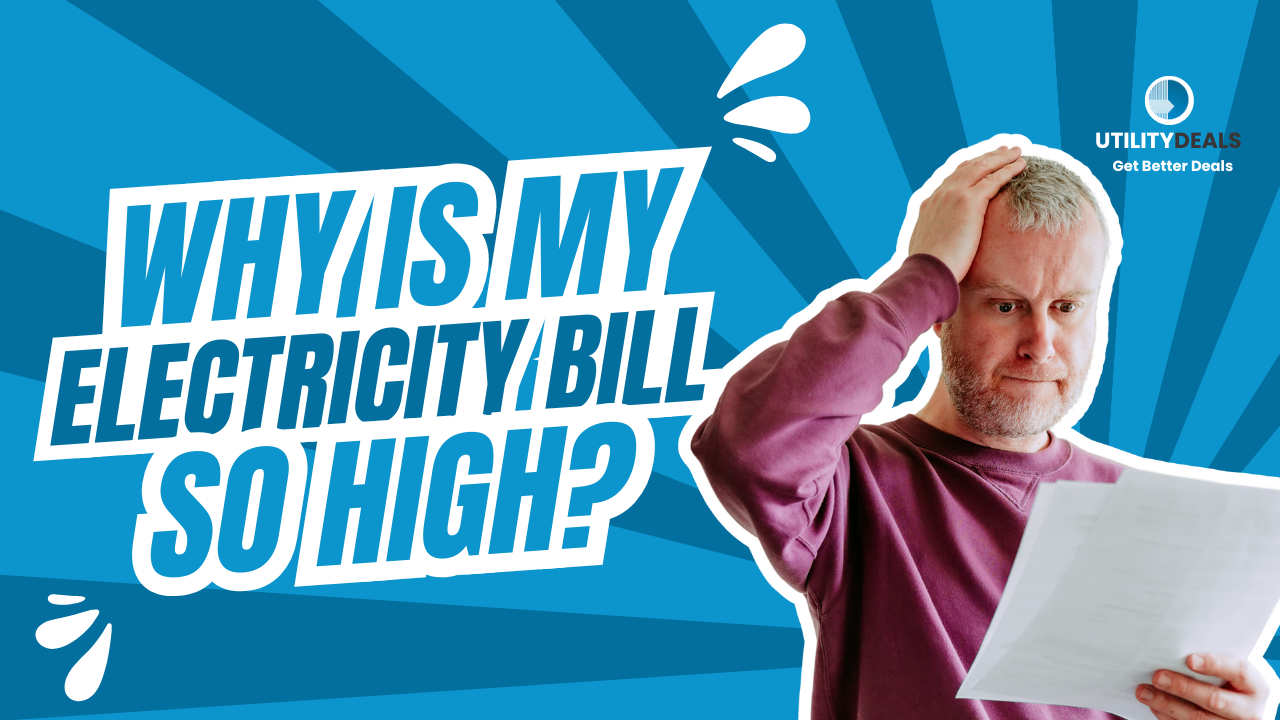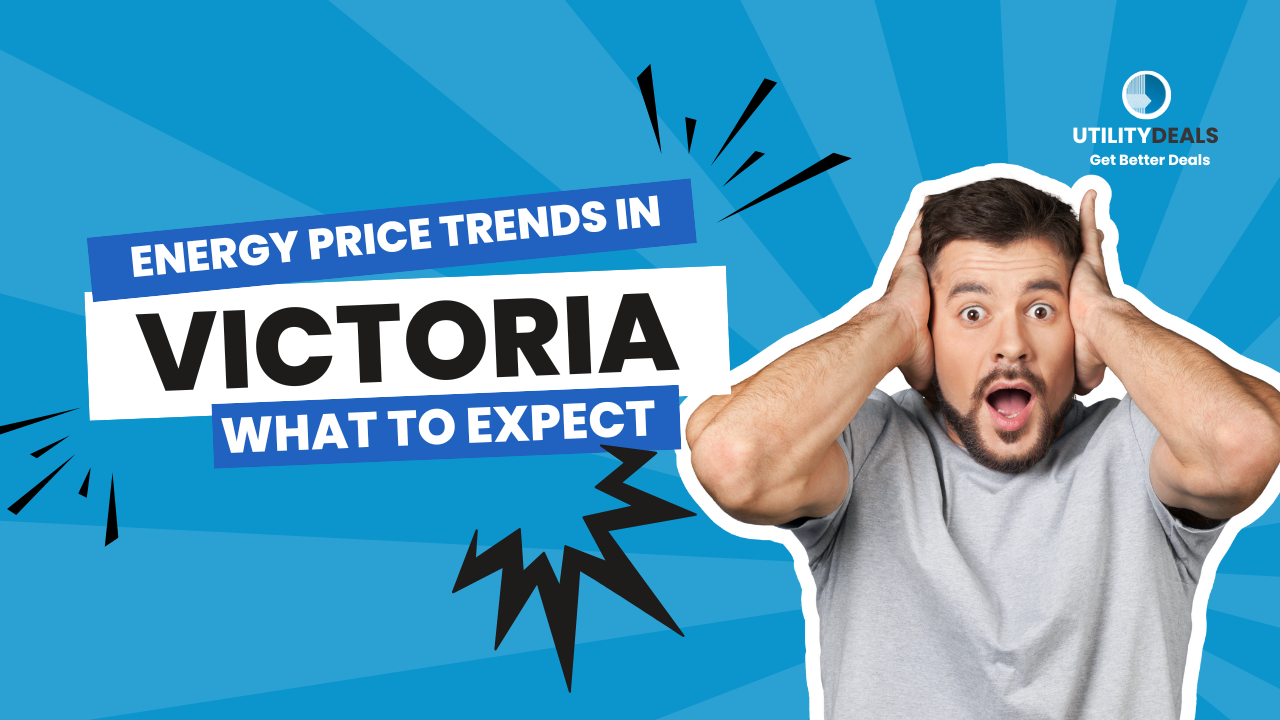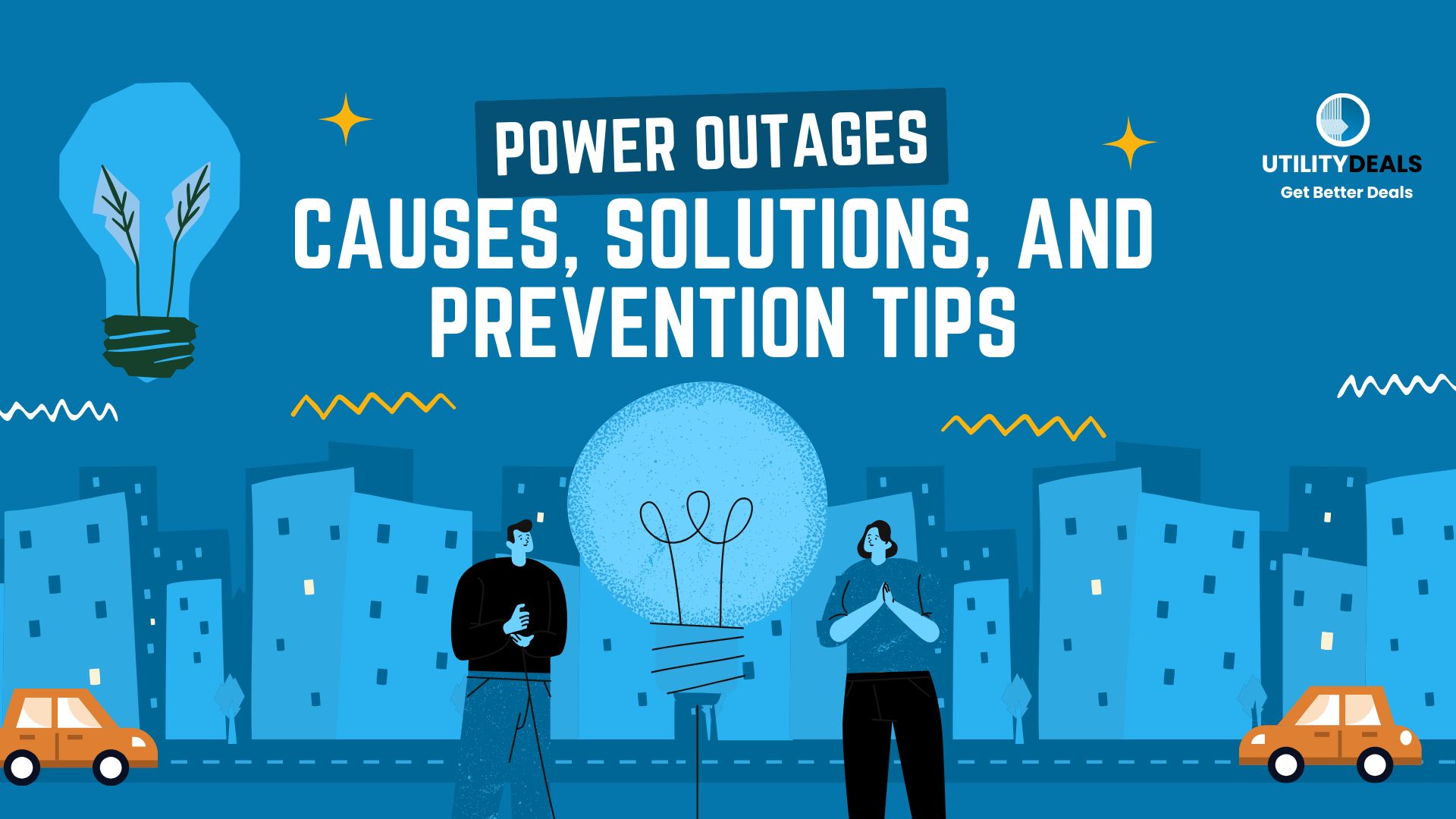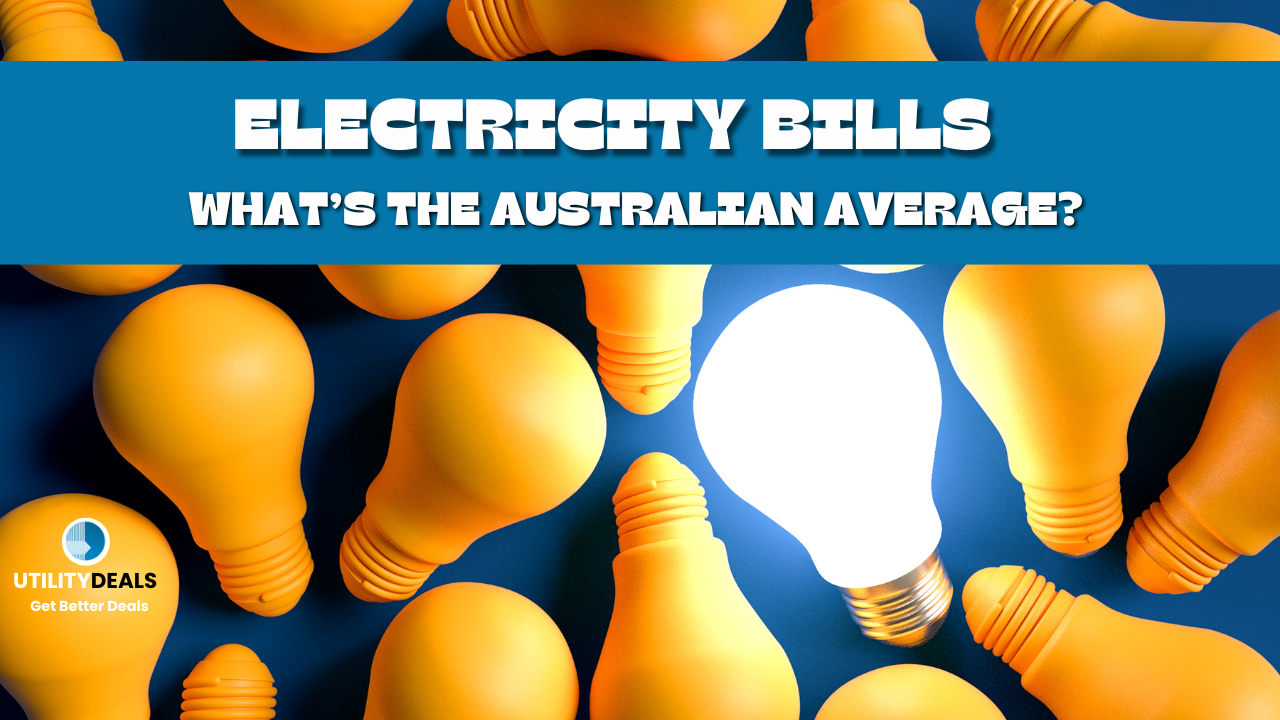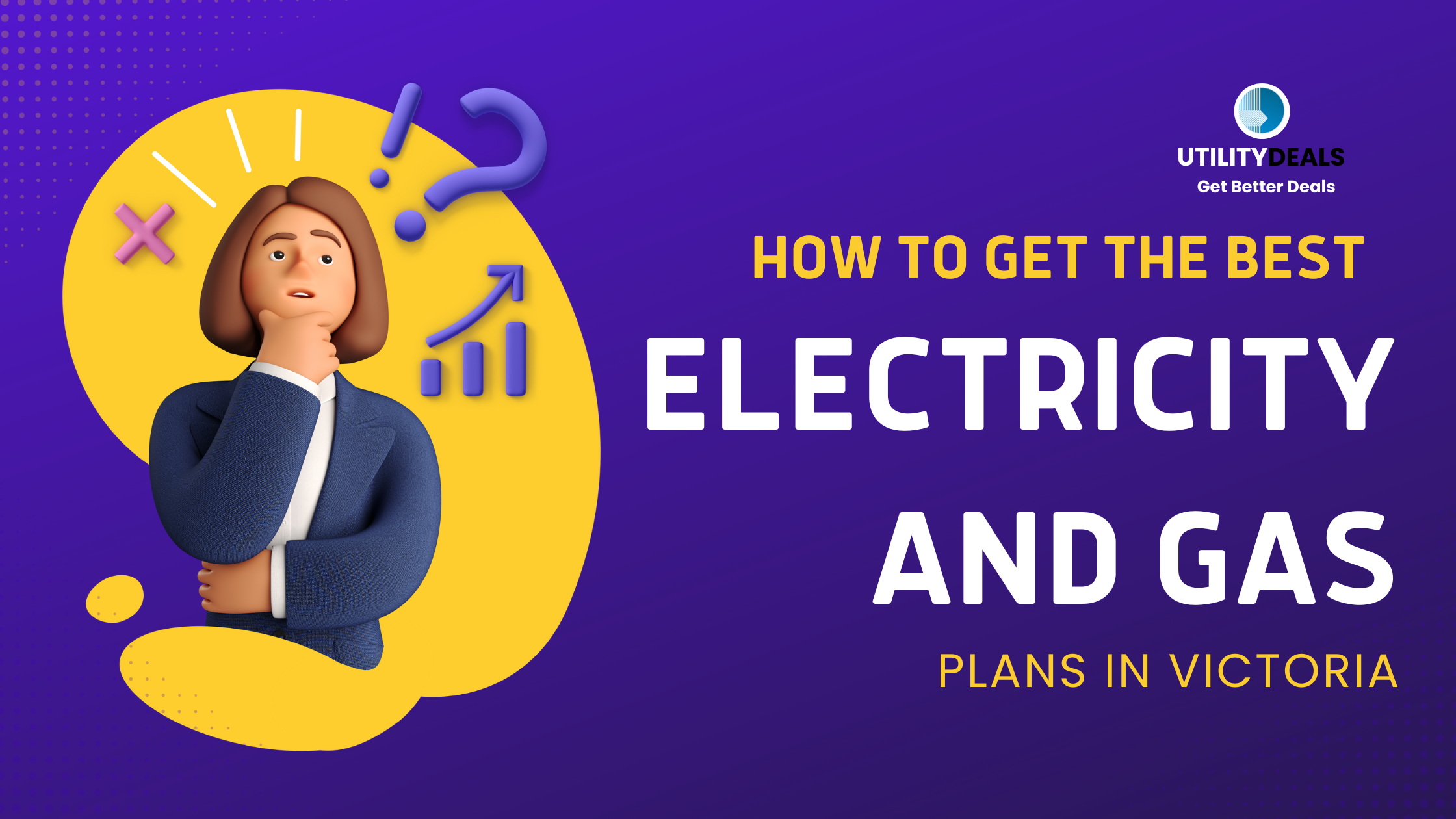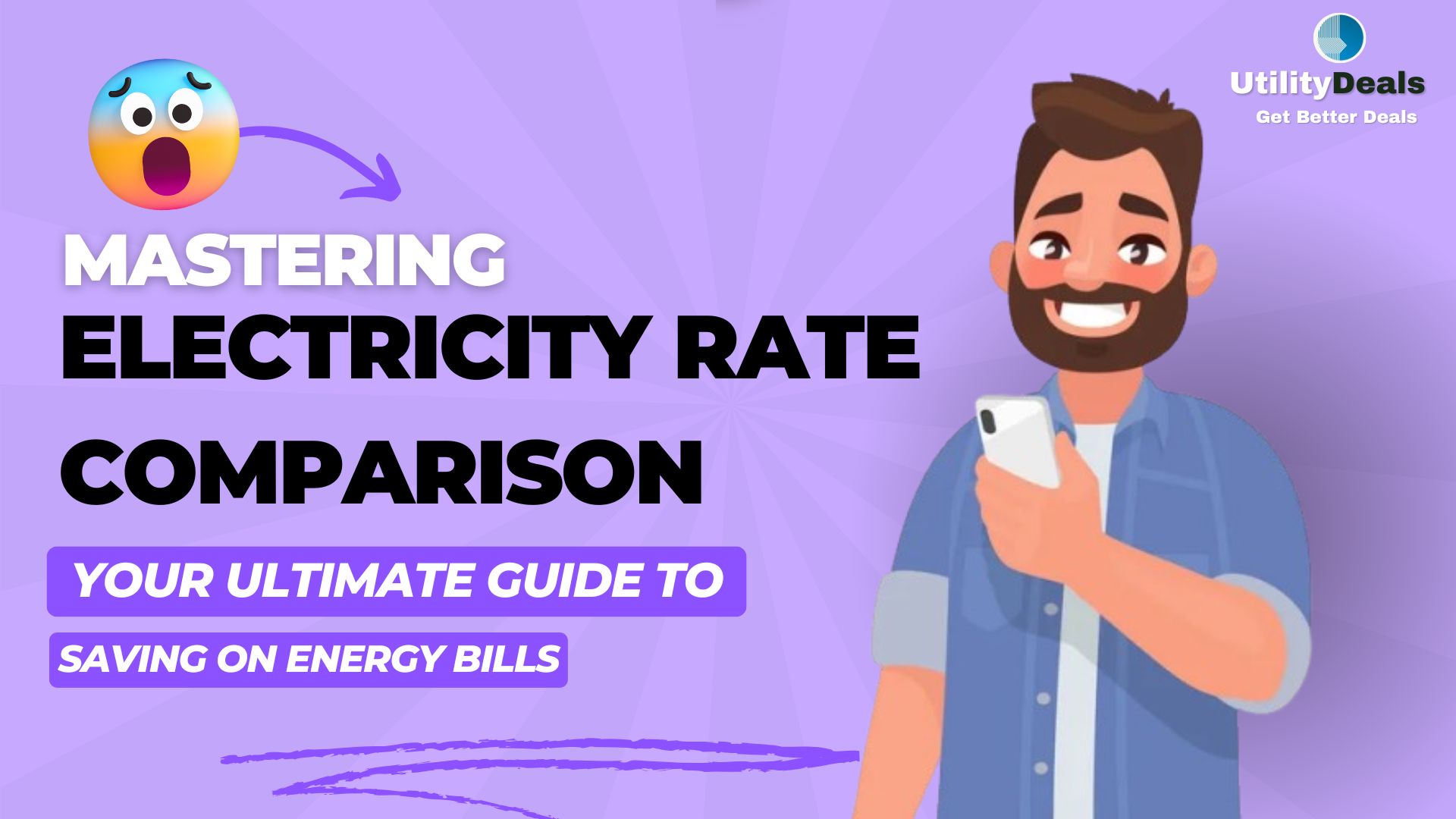
How to Compare Internet Providers: Your Ultimate Guide from UtilityDeals
In today’s digital age, choosing the right internet provider is crucial for ensuring a reliable and fast connection that meets your needs. With the National Broadband Network (NBN) widely available in Australia, you have numerous options at your fingertips. At UtilityDeals, we’re here to help you navigate these choices and find the perfect internet plan for your household.
Understanding Your Needs
Before diving into comparisons, it’s essential to assess your requirements:
- Data usage: How much data do you typically consume?
- Budget: What’s your monthly budget for internet services?
- Speed requirements: What activities do you use the internet for (e.g., streaming, gaming, working from home)?
- Additional services: Do you need bundled services like home phone or TV?
Key Factors to Consider
1. Speed and Performance
NBN Speed Tiers
NBN plans come in various speed tiers, each designed for different usage levels:
- NBN 12 (Basic I): Suitable for basic browsing and emails
- NBN 25 (Basic II): Ideal for small households with light streaming and browsing
- NBN 50 (Standard): Perfect for HD streaming, gaming, and multiple users
- NBN 100 (Fast): Great for large households and 4K streaming
- NBN 250 (Superfast) & NBN 1000 (Ultrafast): Ideal for heavy users, large families, and smart homes
Typical Evening Speeds
Pay attention to the “typical evening speeds” quoted by providers. These represent the average speeds you can expect during peak hours (7-11 pm) and can vary significantly between providers.
2. Data Limits and Pricing
Unlimited vs. Limited Plans
Most NBN plans now offer unlimited data, which is ideal for households with multiple users and devices. However, some providers still offer plans with data caps, which may be cheaper but less suitable for heavy internet users.
Price Comparisons
Prices can vary significantly between providers and plans. Look out for:
- Promotional offers and discounts, especially for the first 6-12 months of service
- Regular price checks to ensure you’re always getting the best deal
3. Contract Length and Flexibility
Month-to-Month vs. Contract Plans
Consider the pros and cons of different contract types:
- Month-to-month plans offer flexibility with no long-term commitment
- Contract plans (12 or 24 months) may offer lower monthly rates or additional perks
Setup and Equipment Fees
Be aware of any upfront costs, including:
- Setup fees
- Modem costs (some providers offer free modems with certain plans)
4. Customer Service and Reliability
Provider Reputation
Research customer reviews and satisfaction ratings to gauge a provider’s reliability and service quality. Websites like Product Review and Canstar Blue offer valuable insights from real customers.
Technical Support
Consider the level of technical support offered:
- Support hours (24/7 vs. limited hours)
- Available support channels (phone, chat, email)
- Quality of online resources and self-help tools
5. Additional Features and Benefits
Bundled Services
Some providers offer bundled services such as:
- Home phone lines
- TV subscriptions
- Mobile plans
Evaluate whether these bundles offer good value for your needs.
Extra Perks
Look out for additional benefits that can add value to your plan:
- Free public Wi-Fi access
- Security software
- Discounted streaming services
How to Compare Internet Plans: A Step-by-Step Guide
- Assess Your Needs: Determine your data requirements, speed needs, and budget.
- Use Comparison Tools: Utilize online comparison sites like UtilityDeals to easily compare multiple providers and plans side-by-side.
- Check Reviews and Ratings: Read both customer and expert reviews to get a well-rounded view of each provider.
- Evaluate Contract Terms: Weigh the benefits of flexibility against potential savings from longer contracts.
- Consider Extra Features: Look beyond just speed and data to see what additional value each plan offers.
- Look for Promotions: Take advantage of special deals, but always consider the long-term costs after promotions end.
Summary
Choosing the right internet provider in Australia involves carefully considering factors such as speed, data limits, costs, contract terms, and customer satisfaction. By following this guide and talking to our energy expert you can find the perfect plan for your needs and start saving today. you can find a plan that offers the perfect balance of speed, reliability, and value for your needs.
Remember, the internet landscape is always evolving, so it’s worth reviewing your plan periodically to ensure you’re still getting the best deal. At UtilityDeals, we’re committed to helping you stay informed and connected with the best internet plan for your household.
